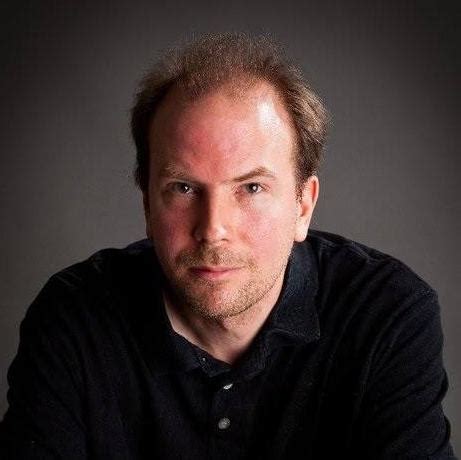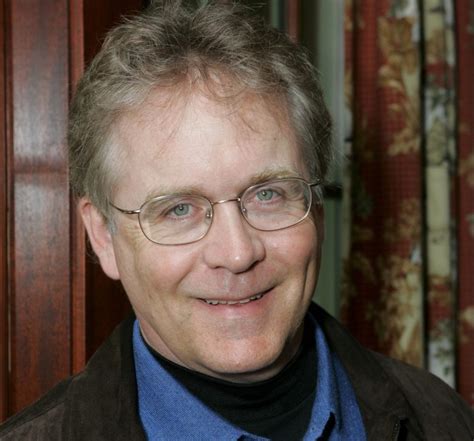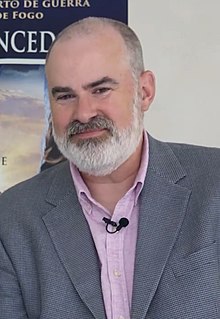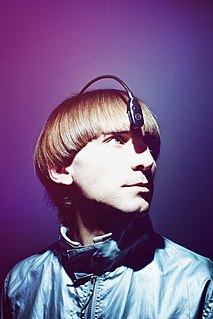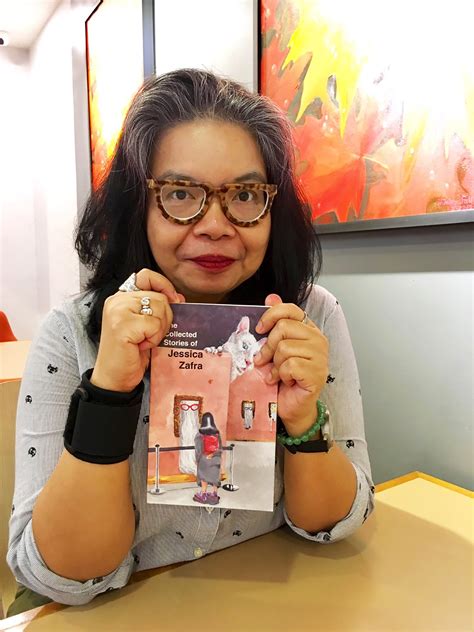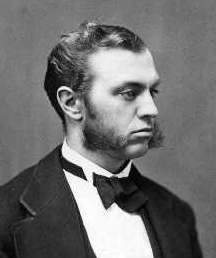A Quote by Julianna Baggott
The lessons learned in journalism also apply. Writing for NPR has taught me to cut a piece in half and then in half again - without losing the essence. Apply that to the swollen prose of a bulky novel and you might reveal a beautiful work.
Related Quotes
I think I was also afraid of the novel. I write line by line, proceeding at snail's pace, rewriting as I go and paring the excess away. This is against all the best advice for writing long form prose, and I have tried over the years to break myself of the habit, but I can't bear to leave anything ungainly on the page and half the fun for me is that tinkering. So the length of a novel was a daunting prospect.
You're learning the whole time. Halfway through a movie, you've got a lot of ideas, a lot of things that maybe you've learned and that you then wish you could apply, but you can't. You just have to finish the movie in that world that you're in. Maybe what you've learned you can apply somewhere else.
I like the fact that they still run substantive pieces. I'm not sure I like the pieces, but it's nice that they do that. Anyway, it was always sort of ridiculous, me having anything to do with the youth culture, but now that I'm in my 50s, it's extra-double-ridiculous. They were losing interest in me, and I was losing interest in them. When I went to renegotiate my contract at Rolling Stone, I kind of halfheartedly asked if I could do half the work for half the money, and they asked if I could do two-thirds of the work for half the money. I ran that by my agent, since he can do math.
Liebig taught the world two great lessons. The first was that in order to teach chemistry it was necessary that students should be taken into a laboratory. The second lesson was that he who is to apply scientific thought and method to industrial problems must have a thorough knowledge of the sciences. The world learned the first lesson more readily than it learned the second.



